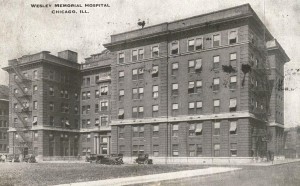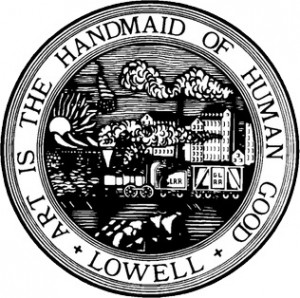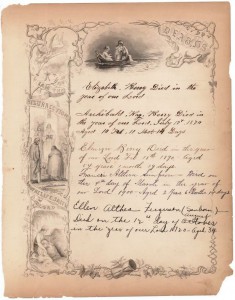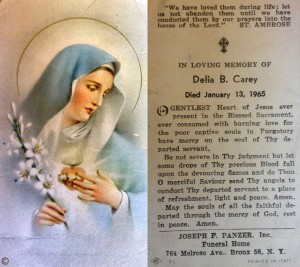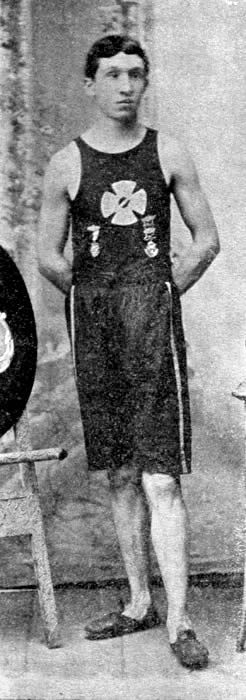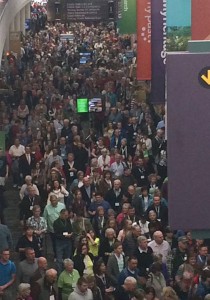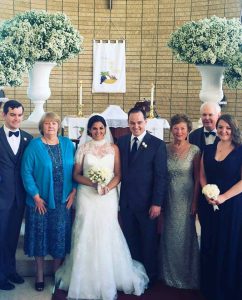 We’ve all been there: we’ve all looked for that one record that should exist – but does not. And why? Why did our ancestors do that to us? Why did they forget to file paperwork? or procrastinate when registering a deed? Why didn’t they know we would be searching for them years later?
We’ve all been there: we’ve all looked for that one record that should exist – but does not. And why? Why did our ancestors do that to us? Why did they forget to file paperwork? or procrastinate when registering a deed? Why didn’t they know we would be searching for them years later?
I am often annoyed with my ancestors – they failed to write wills, file taxes, and baptize their children. This was before my brother Andrew got married (or maybe I should say, tried to get married) in Puerto Rico: now I have a slightly different view. Continue reading The pen is mighty
